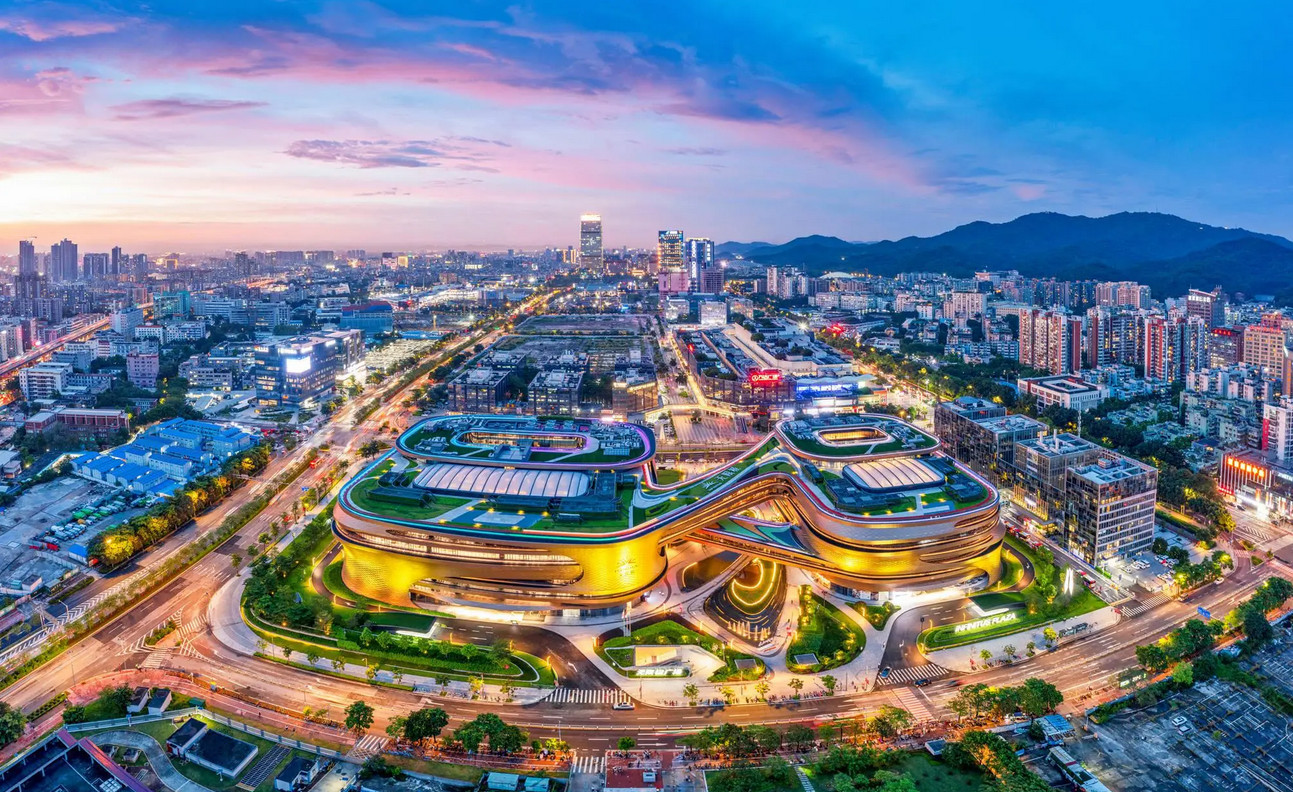Historical Significance
Ancient City:
Guangzhou, one of the oldest cities in China, boasts a rich history that spans over 2,200 years. Founded during the Qin Dynasty, it has played a pivotal role in Chinese history as a major port on the Maritime Silk Road. This ancient trade route facilitated cultural and economic exchanges between China and various civilizations, including those in Southeast Asia, the Middle East, and beyond. Guangzhou’s strategic location along the Pearl River enabled it to thrive as a bustling hub for merchants and traders, fostering a cosmopolitan atmosphere that attracted diverse cultures and ideas. The city’s historical significance is further underscored by its role in the development of trade and commerce in southern China, making it a vital link in the global trade network of ancient times.
Former Names:
Historically, Guangzhou has been known by several names, reflecting its long and varied history. In the West, it was commonly referred to as Canton, a name that became synonymous with the city during the colonial period. This name was widely used in trade and diplomacy, particularly during the 18th and 19th centuries when Western powers engaged with China. In ancient times, the city was known as Panyu, which was the name of the region during the Han Dynasty. The evolution of these names illustrates the city’s changing identity over the centuries and highlights its importance as a center of commerce and culture. Each name carries with it stories of the city’s interactions with different cultures and its adaptation to the changing political landscape of China.
First Open City:
In the 19th century, Guangzhou became the first city in China to open its doors to foreign trade during the Qing Dynasty. This significant event marked a turning point in China’s engagement with the outside world, as Guangzhou served as a crucial gateway for international commerce. The opening of the city allowed foreign merchants to establish trading posts and engage in direct trade with Chinese merchants, leading to an influx of goods, ideas, and cultural exchanges. This period also saw the establishment of consulates and foreign settlements, which contributed to the city’s cosmopolitan character. Guangzhou’s status as the first open city laid the groundwork for subsequent reforms and modernization efforts in China, influencing the nation’s trajectory towards globalization.
Cultural Highlights
City of Flowers:
Guangzhou is often affectionately referred to as the “City of Flowers,” a title that reflects its lush greenery and vibrant floral culture. The city is renowned for its numerous flower markets, where a dazzling array of blossoms can be found year-round. These markets not only showcase the region’s rich horticultural heritage but also serve as popular gathering places for locals and tourists alike. The annual Flower Fair, held during the Lunar New Year, attracts thousands of visitors who come to admire the stunning displays and purchase flowers to celebrate the festive season. This floral abundance is deeply intertwined with the local culture, symbolizing prosperity and good fortune, and contributes to the city’s reputation as a beautiful and inviting place to live and visit.
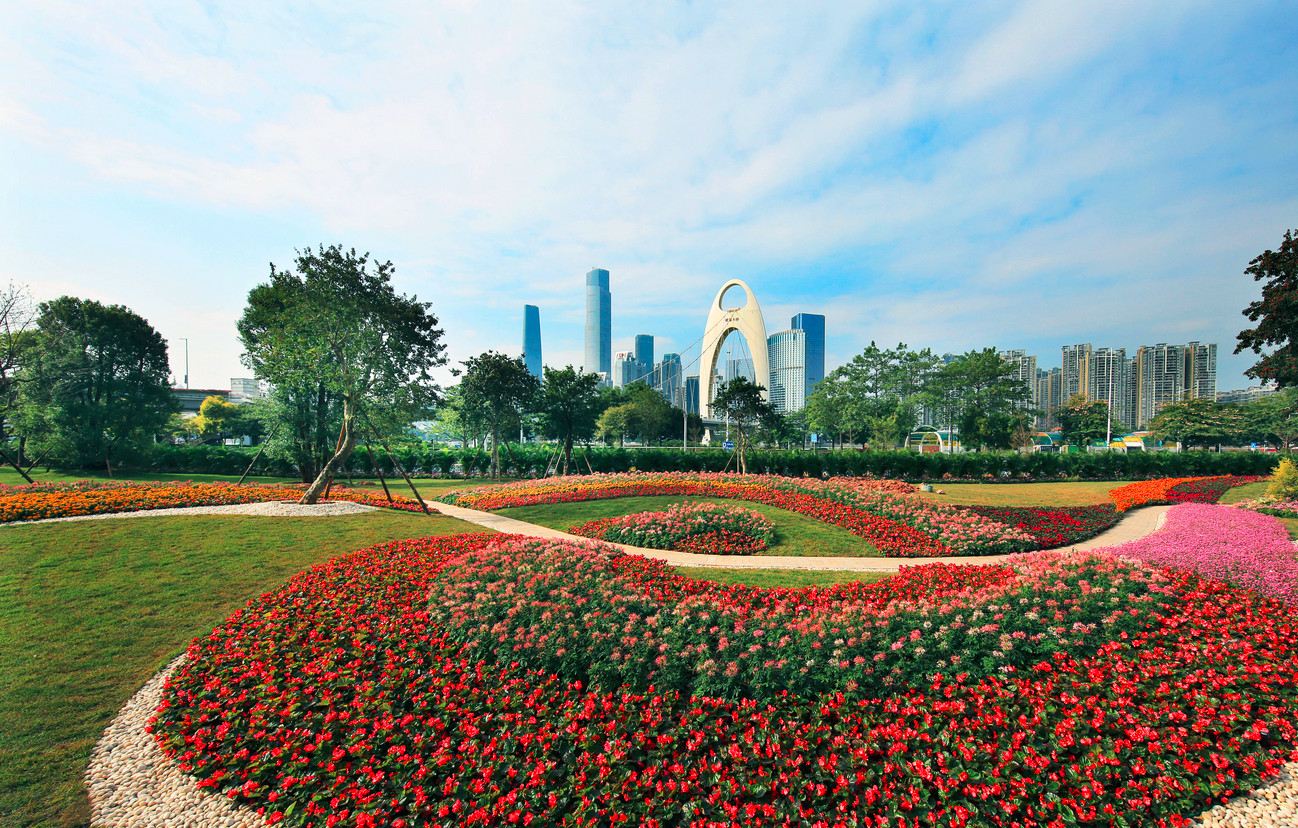
Cantonese Cuisine:
Guangzhou is celebrated for its exquisite Cantonese cuisine, which is renowned both in China and around the world. This culinary tradition is characterized by its emphasis on fresh ingredients, delicate flavors, and diverse cooking techniques. Signature dishes such as dim sum, roast duck, and various seafood preparations highlight the region’s rich culinary heritage. The city is home to countless restaurants and street food stalls, where locals and visitors can indulge in authentic Cantonese flavors. Additionally, the art of tea drinking is an integral part of the dining experience, with tea houses offering a wide selection of teas to complement meals. The global popularity of Cantonese cuisine has made Guangzhou a culinary destination, attracting food enthusiasts eager to explore its gastronomic delights.

Oldest Mosque:
The Huaisheng Mosque, built in the 630s by Mohammed’s uncle Abi Waqqas, holds the distinction of being the oldest mosque in China. This historic site is a testament to the early presence of Islam in the region and serves as a significant cultural landmark in Guangzhou. The mosque features traditional Chinese architectural elements, blending Islamic design with local styles, which reflects the harmonious coexistence of different cultures in the city. It has been a center for the Muslim community for centuries, hosting religious activities and cultural events. The Huaisheng Mosque not only serves as a place of worship but also as a symbol of Guangzhou’s rich multicultural heritage, showcasing the city’s long-standing connections with the Islamic world.
Modern Marvels
Canton Tower:
The Canton Tower is one of Guangzhou’s most iconic landmarks, standing as a testament to the city’s modern architectural prowess. Completed in 2010, this sky-piercing structure reaches a height of 604 meters, making it one of the tallest towers in the world. The tower features a unique twisting design that resembles a slender, elegant flower stem, symbolizing the city’s vibrant spirit. Visitors can ascend to the observation deck for breathtaking panoramic views of Guangzhou and the Pearl River, providing a stunning backdrop for photographs. The tower also houses restaurants, exhibition spaces, and a thrilling skywalk, making it a popular destination for both tourists and locals. As a symbol of Guangzhou’s modernization and growth, the Canton Tower embodies the city’s aspirations for the future.
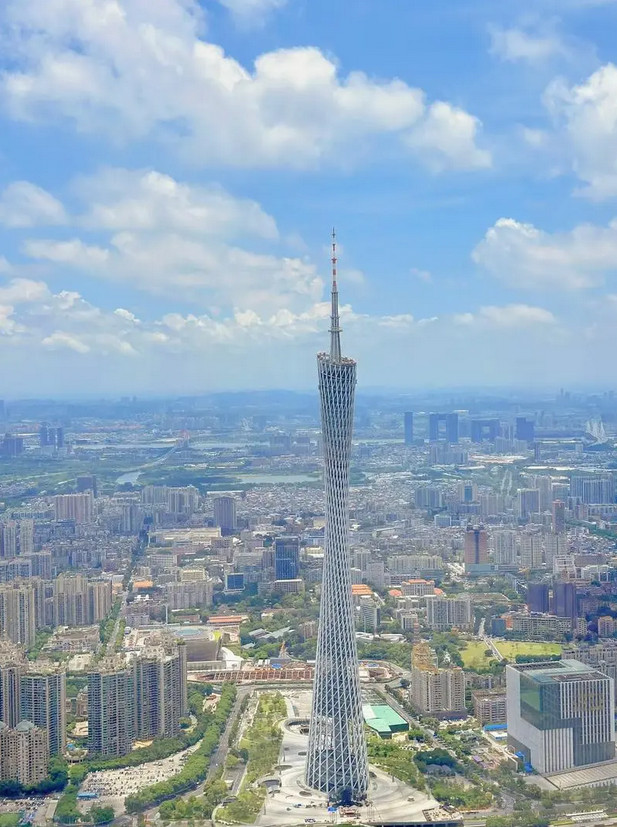
Economic Hub:
Guangzhou is recognized as a major economic center in China, playing a crucial role in the country’s rapid economic development. The city is particularly known for its thriving electronics and clothing manufacturing industries, which contribute significantly to both local and national economies. With a robust infrastructure and a strategic location, Guangzhou has attracted numerous domestic and international businesses, fostering a dynamic environment for trade and investment. The city’s economic landscape is further enhanced by its proximity to Hong Kong and Macau, facilitating cross-border commerce. As a result, Guangzhou has become a vital player in the global supply chain, showcasing its importance as a hub for innovation and economic growth in the region.
Canton Fair:
The Canton Fair, held semiannually in Guangzhou, is one of the largest trade fairs in the world, attracting merchants and traders from across the globe. Established in 1957, the fair serves as a vital platform for international trade, showcasing a wide range of products, from electronics to textiles. It provides an opportunity for businesses to connect, negotiate deals, and explore new markets. The fair’s significance extends beyond commerce; it also fosters cultural exchanges and strengthens economic ties between China and other countries. With thousands of exhibitors and visitors participating each year, the Canton Fair has become a hallmark of Guangzhou’s status as a global trading hub, reflecting the city’s commitment to facilitating international business.
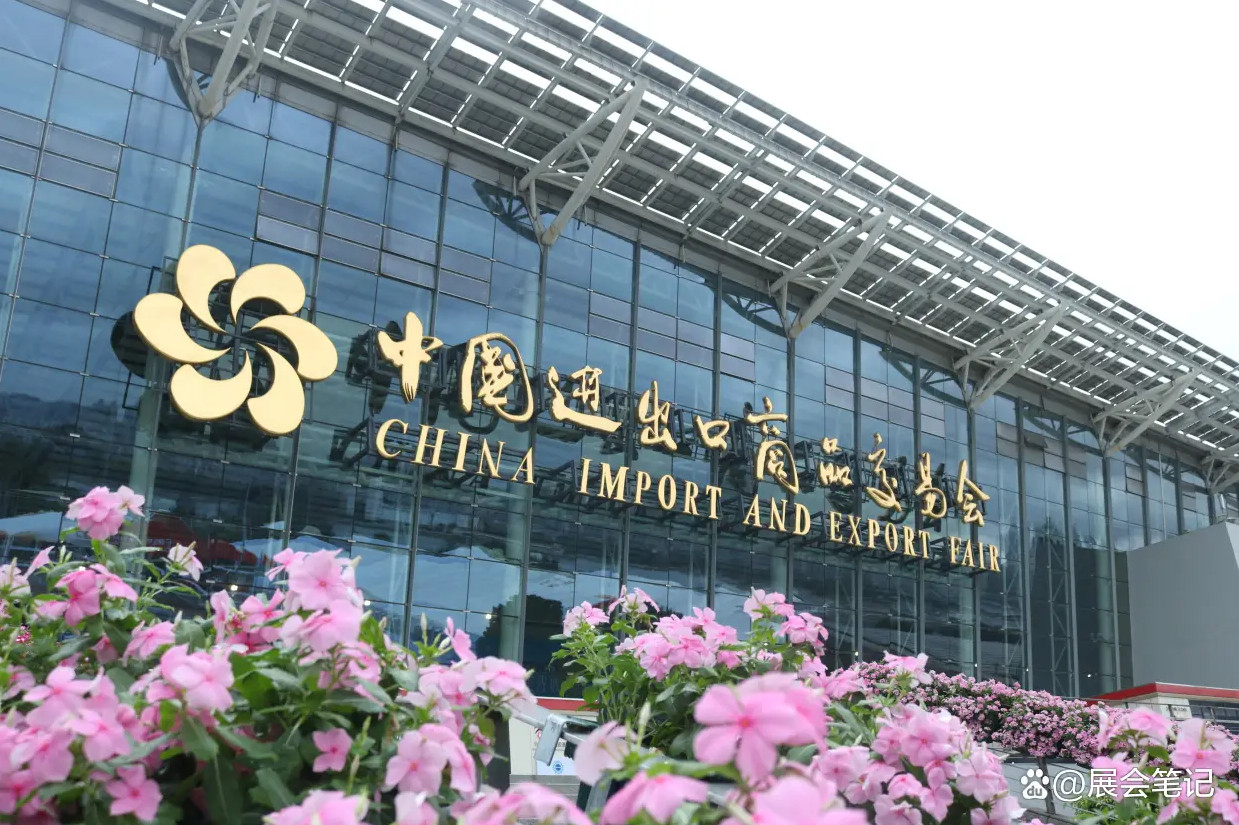
Geographical and Demographic Facts
Third Largest City:
Guangzhou ranks as the third largest city in China, following Beijing and Shanghai, with a population exceeding 14 million residents. This significant population size contributes to the city’s vibrant urban landscape and dynamic economy. As a major metropolis, Guangzhou serves as a cultural and economic hub in southern China, attracting people from various regions seeking opportunities and a better quality of life. The city’s rapid urbanization has led to extensive development, with modern skyscrapers, shopping districts, and cultural institutions coexisting alongside historical sites. This blend of old and new creates a unique atmosphere that reflects the city’s rich heritage while embracing modernity, making it an exciting place to live and visit.
Capital of Guangdong:
Guangzhou is the capital of Guangdong Province, a region known for its rich cultural heritage and economic vitality. As the provincial capital, Guangzhou plays a central role in the administration and governance of Guangdong, which is one of China’s most economically prosperous provinces. Cantonese is the primary language spoken in the city, reflecting the local culture and traditions. The province is also known for its diverse ethnic groups and vibrant communities, contributing to the rich tapestry of life in Guangzhou. The city’s status as the capital enhances its significance as a political and cultural center, making it a focal point for regional development and cultural exchange.
Diverse Population:
Guangzhou boasts a diverse population, characterized by a mix of local residents and international expatriates. This multicultural environment enriches the city’s cultural landscape, fostering a vibrant community where different traditions and customs coexist. The influx of migrants from various parts of China and abroad has contributed to the city’s dynamic atmosphere, making it a melting pot of cultures. Festivals, culinary traditions, and artistic expressions from different backgrounds are celebrated throughout the city, creating a unique cultural mosaic. This diversity not only enhances the social fabric of Guangzhou but also drives innovation and creativity, making it an exciting place for cultural exchange and collaboration.
Transportation and Infrastructure
Major Airport:
Guangzhou Baiyun International Airport is one of the three major air transportation hubs in China, serving as a critical gateway for both domestic and international travel. Opened in 2004, the airport has rapidly expanded to accommodate millions of passengers each year, offering flights to numerous destinations worldwide. Its modern facilities and efficient services make it a preferred choice for travelers. The airport plays a vital role in connecting Guangzhou to global markets, facilitating trade and tourism. Additionally, the airport’s strategic location enhances the city’s accessibility, contributing to its status as a major economic center in southern China.
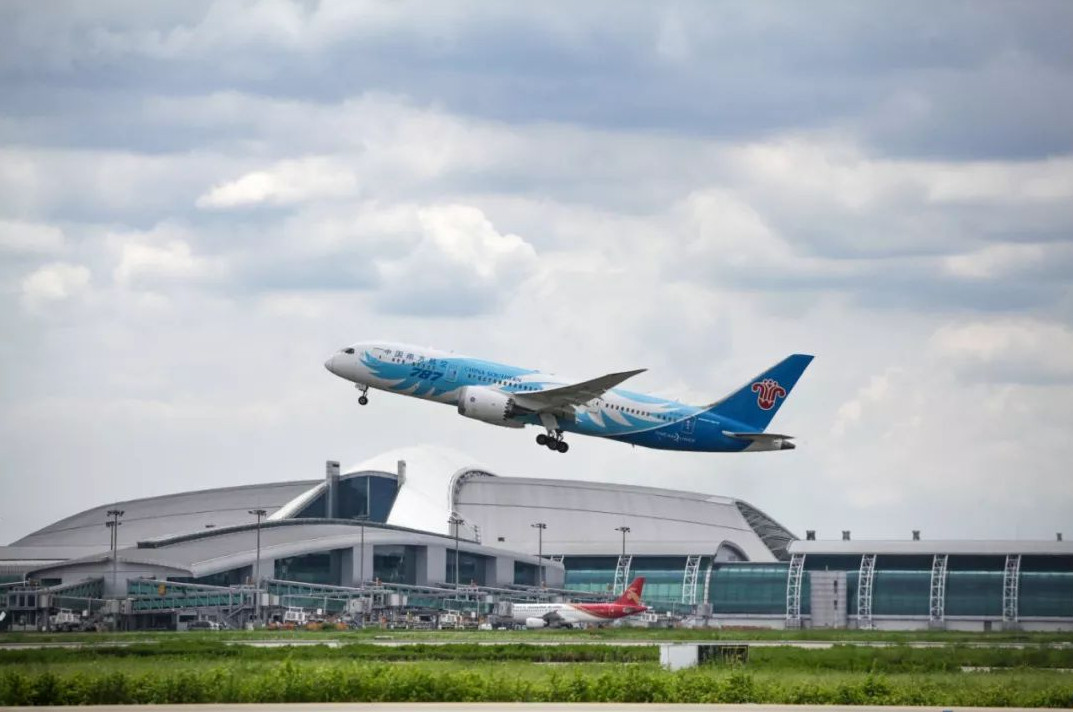
Extensive Subway System:
Guangzhou boasts an extensive subway system that is one of the most developed in China, featuring eight lines that cover a total length of 236 kilometers (147 miles). This efficient public transportation network makes it easy for residents and visitors to navigate the city, connecting key districts, commercial areas, and cultural attractions. The subway system is known for its punctuality, cleanliness, and affordability, making it a popular choice for daily commuters. As the city continues to grow, ongoing expansions and improvements to the subway network are planned to accommodate the increasing population and enhance urban mobility. This commitment to developing public transportation reflects Guangzhou’s dedication to creating a sustainable and accessible urban environment.
High-Speed Rail:
The Wuhan–Guangzhou High-Speed Railway is a marvel of modern engineering, covering a distance of 980 kilometers (610 miles) at an average speed of 320 kilometers per hour (200 mph). This high-speed rail line significantly reduces travel time between major cities, making it an essential component of China’s extensive rail network. The railway not only facilitates efficient transportation for passengers but also boosts economic ties between regions, promoting trade and tourism. As part of the broader high-speed rail initiative, this line exemplifies Guangzhou’s role in connecting the country and enhancing regional development.
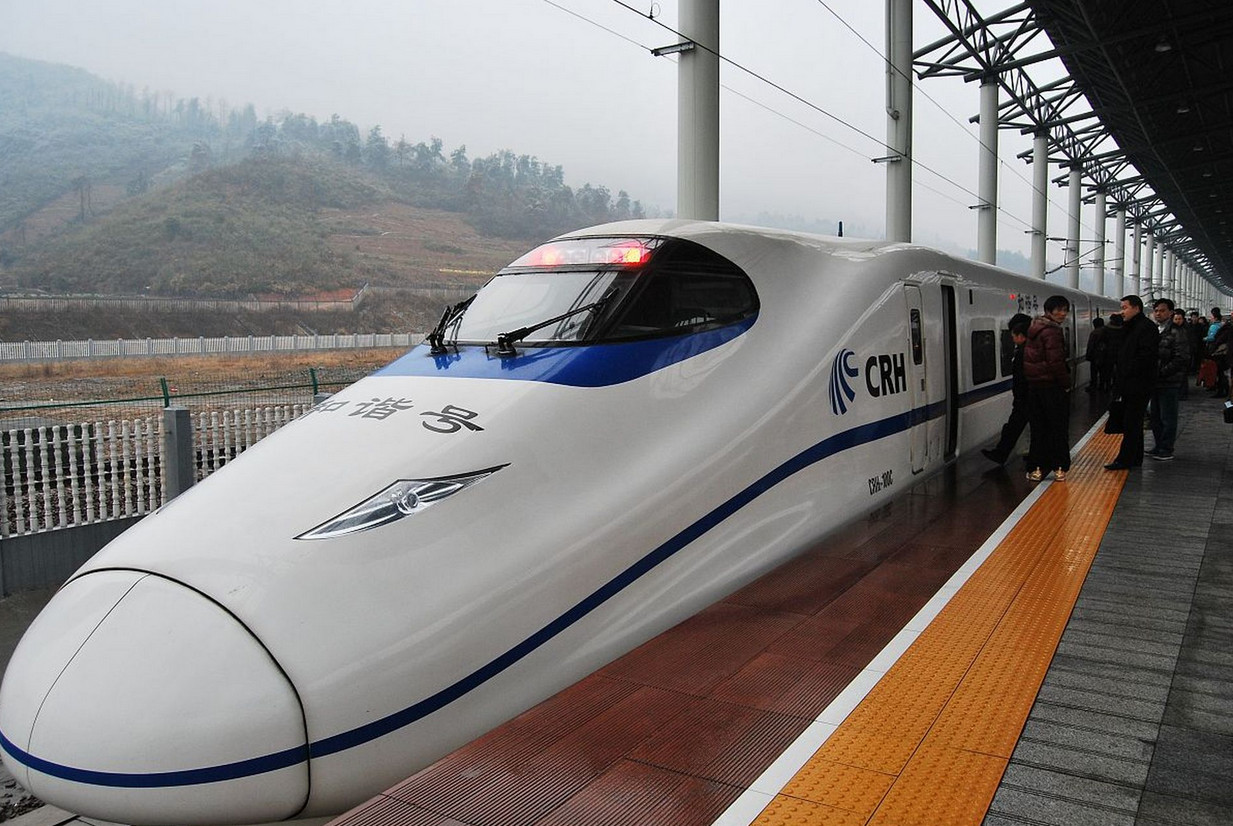
These expanded points provide a deeper insight into the fascinating aspects of Guangzhou, showcasing its significance in various domains.
